Patrina Munuŋgurr and Ishmael Marika (The Mulka Project)
Rarranhdharr (The Late Dry Season)
2019
Video, 48:9
21 minutes 8 seconds
Located in the UTS Central, Jones St Lobby
Building 2, Level 4A
(CB02.4A)
Rarranhdharr (Mapping For The Late Dry Season) is a collaboration between Yolŋu artists Patrina Munuŋgurr and Ishmael Marika. In the film, a group of Yolŋu people map the various environments they encounter as they walk on Country at Yirrkala, the ancestral land belonging to the Rirratjiŋu/Gumatj clans. Under Yolŋu Law, the ‘Land’ extends to include the sea, and both are connected in a single cycle of life for which the Yolŋu hold the songs and designs.
As they walk, an aerial drone and a widescreen camera on the land register the types of food that will be ready to harvest during Rarranhdharr (the late dry season). From the stringy bark forests to the sea, they interpret the variation in the vegetation as they move through it. Their knowledge of plants and the locations they thrive in aid them in identifying their distance from fresh water, salt water and food. The film shows how Yolŋu people have navigated their lands for tens of thousands of years and invites viewers to visit their world, be with their people, and experience the time of Rarranhdarr.
Yolŋu observe seasons in fine detail, our seasons are not indicated by dates but are signalled by the changing winds, the growth of plants, the habits of animals, the seas and clouds.
The start of Rarranhdharr is signaled by the blossoming flowers of the stringy bark tree. These blossoms remind us that guku (wild honey) will soon be ready to harvest from the hollows of old stringy bark trees and they tell us that it is time to hunt for maranydjalk (stingray), gurrumaṯtji (magpie geese) and minhala (long-necked tortoise). During Rarranhdharr there are no clouds and the walu (sun) beats down on the ground making it hot to walk on. Water becomes scarce as creeks, rivers and lagoons get close to empty making it easier to collect räkay (reed roots) from the lagoons. Maypal (shellfish) is plentiful and at low tide we chip them away from the rocks and gather the mangrove roots to which the maypal clings. This is also a good time to collect nuts and wild fruits such as the wild apple called larraŋi.
-Patrina Munuŋgurr and Ishmael Marika , The Mulka Project, 2019.
This artwork plays at daily intervals between other commissions on the UTS Broadway Screen
The Mulka Project
The Mulka Project is a collective of multimedia artists, cinematographers, sound engineers and post-production technicians based in Yirrkala, North East Arnhem Land. Their mission is to sustain and protect Yolŋu cultural knowledge in Northeast Arnhem Land under the leadership of community members. The Mulka production house and archive is managed by Yolŋu law, governance and culture.
Buku-Larrŋgay Mulka Centre is the Indigenous community-controlled art centre of Northeast Arnhem Land. Located in Yirrkala, a small Aboriginal community on the northeastern tip of the Top End of the Northern Territory, approximately 700km east of Darwin. The Mulka Project is actively involved in partnerships with academia, museums and individual researchers with collections and projects significant to their region.
The Mulka Project strives to employ and train as many Yolŋu of all ages as possible in full time and casual appointments. Currently they have male and female staff varying from 16 to 57 years of age. Their facilities are a media training ground for future indigenous leaders. They make audio-visual resources available for secondary students, provide workplace training for graduates, create income streams for Homeland communities, and employ cultural advisors, curators, translators, technicians and artists.
Ishmael Marika
Born: 1991, Nhulunbuy, Northern Territory. Lives and works: Yirrkala, North East Arnhem Land, Northern Territory. Clan: Rirratjingu.
Ishmael Marika is a Yolŋu filmmaker, director, producer, artist and musician. He is currently the Creative Director of The Mulka Project at Yirrkala, and seeks to promote the cultural, visual and performative practices of Yolŋu artists through documentaries and other forms of film media.
Patrina Munuŋgurr
Born: 1988, Nhulunbuy, Northern Territory. Lives and works: Yirrkala, North East Arnhem Land, Northern Territory. Clan: Djapu
Patrina Liyadurrkitj Mununggurr is one of the leading cinematographers and post-production technicians at The Mulka Project and has been involved in the production of many ceremonial films. As well as documenting Yolŋu culture, she has also exhibited her cultural film art at major institutions for which she has received public accolades.
Ishmael Marika:
Mulka Project was started in 2007. The artists wanted to build Mulka as an archive of videos and photos and audio for the next generation so they can see it in the future. From there we’ve been helping and also filming lots of ceremonies and all that and making lots of art for exhibitions and stuff like that.
Patrina Munuŋgurr: I started work there from 2010. I’m a filmmaker I do my work filming my family ceremony and initiation.
Ishmael: I’ve been working at Mulka for 10 years. Ceremonies and culture is really important in the community. Documenting and putting into the archive for the young ones. And also we do community events like football grand finals and performance and bands and graduations, schools, yeah. It’s for the community, we’re doing it for the community so they can see what happened last week or the week before.
Ishmael: We have 10 computers that community can use and see all the videos that we’ve filmed and also old films from the 1970s when anthropologists came through, like Donald Thompson, ian Dunlop, all the different anthropologists that went through in the past and documented Yolŋu life. We have 360 cameras and we’re doing VR work. Like we can put someone that can’t be there, like in a wheelchair that can’t attend the ceremonies, so we can throw them into the vr so that they can see it and they can visit the Country or the ceremony that happens.
Rarranhdharr is the season that is the dry season or hot season and [the work] is mapping the landscape and plants and all that what to find in the season. Like going through the water or going through the land to find stuff. And every season has song lines that represent the different clan groups; Dhuwa and Yirritja. Which is two moieties, everybody is Dhuwa and everybody is Yirritja and we marry opposite. And all the plants and all the trees and all the animals are Yirritja or Dhuwa.
Ishmael: The good thing about film is the young ones are following and want to learn and find out the season and what to get.
Patrina: It’s a beautiful country. The fruit and food from this country our people used to eat that in the past, now we do the same.
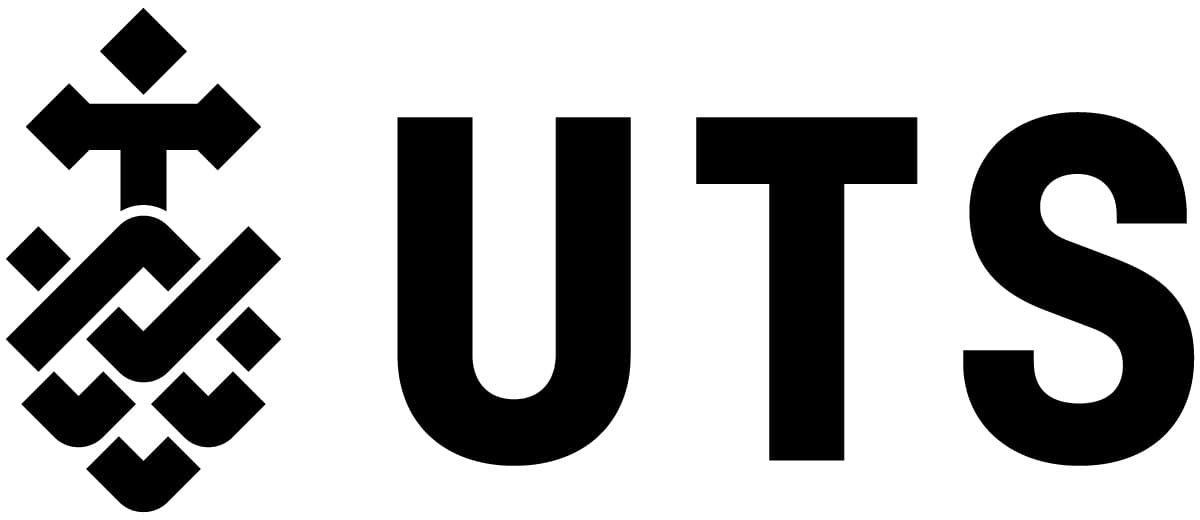
/https://uts-art-prod.s3.amazonaws.com/media/dd/images/3b7814e97b4b5428c7efccb0692cb077.jpg)


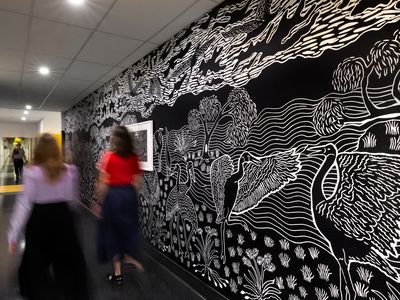
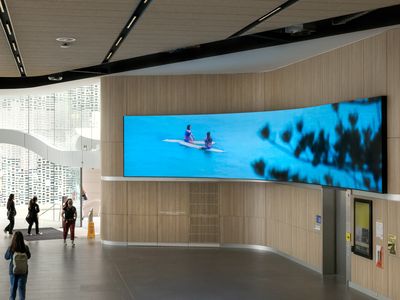
/https://uts-art-prod.s3.amazonaws.com/media/dd/images/02e4cd61f03a160c71ac5afa967a498c.jpg)
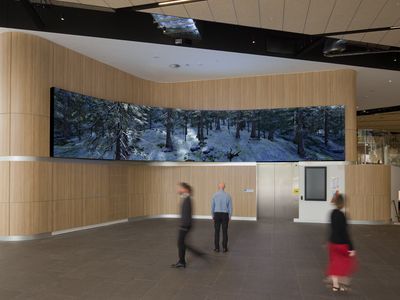
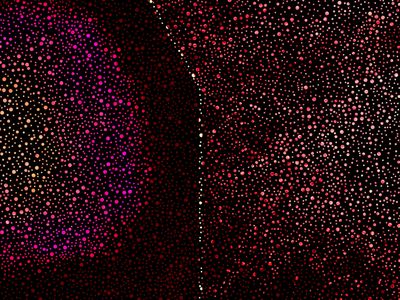
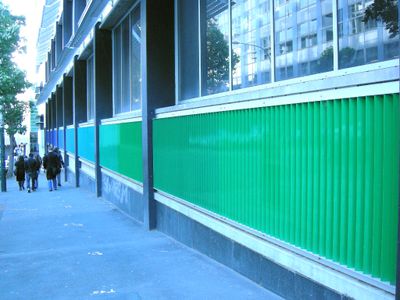
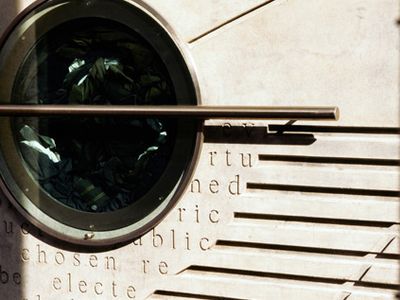
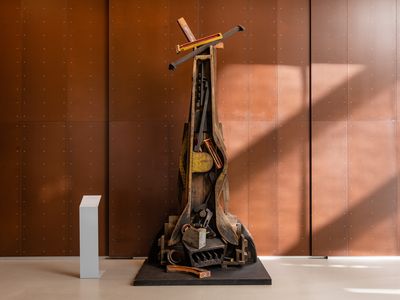
/https://uts-art-prod.s3.amazonaws.com/media/dd/images/df377b6c21304ede1f1e8f14abd59915.jpg)
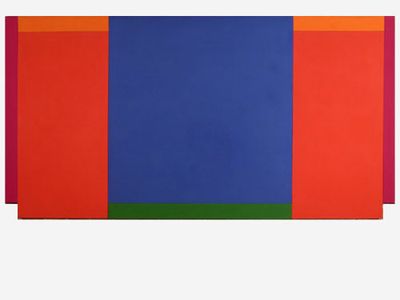
/https://uts-art-prod.s3.amazonaws.com/media/dd/images/00c7ff730a073ca9a6dd6aa34a23f2bb.jpg)